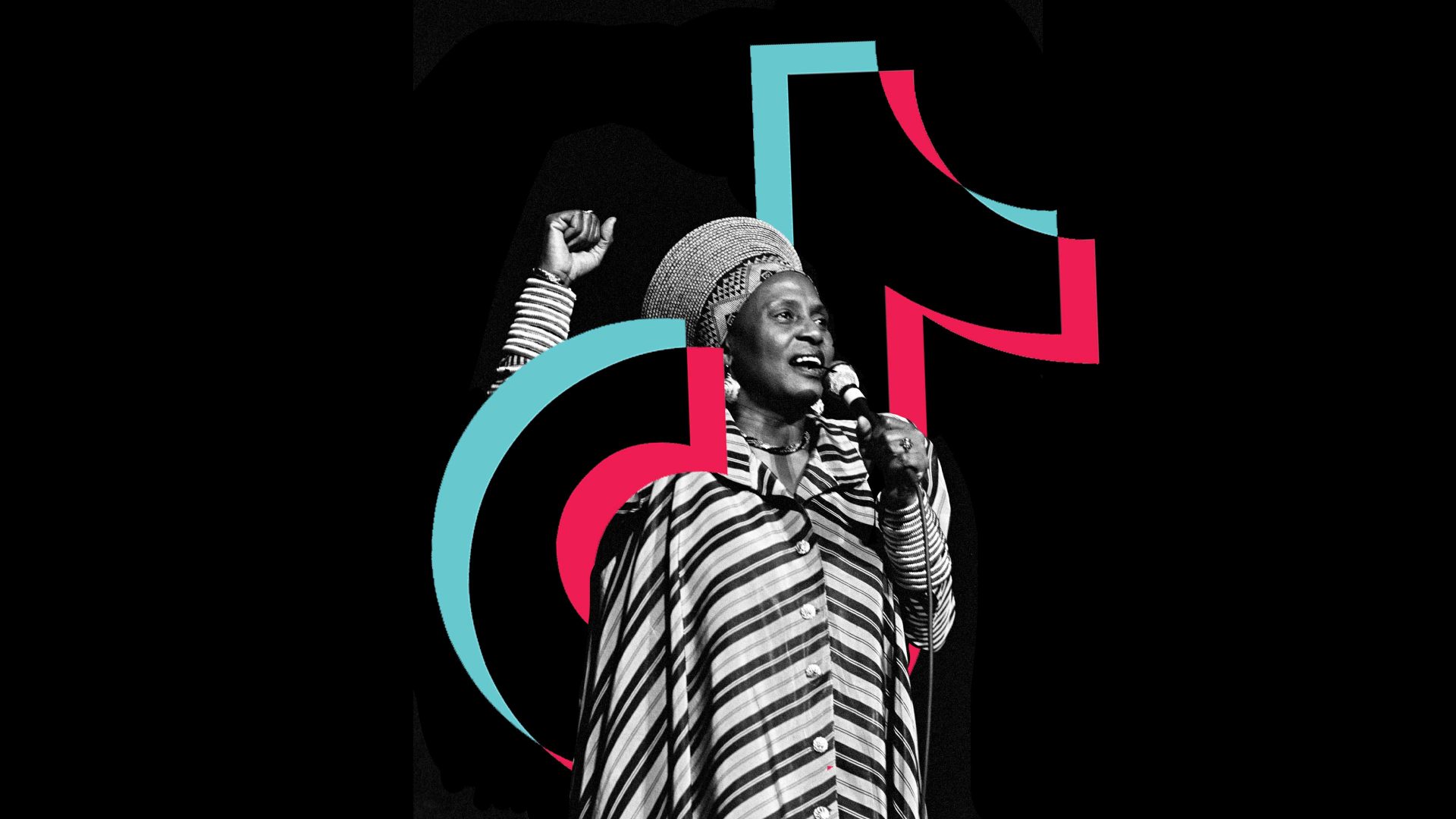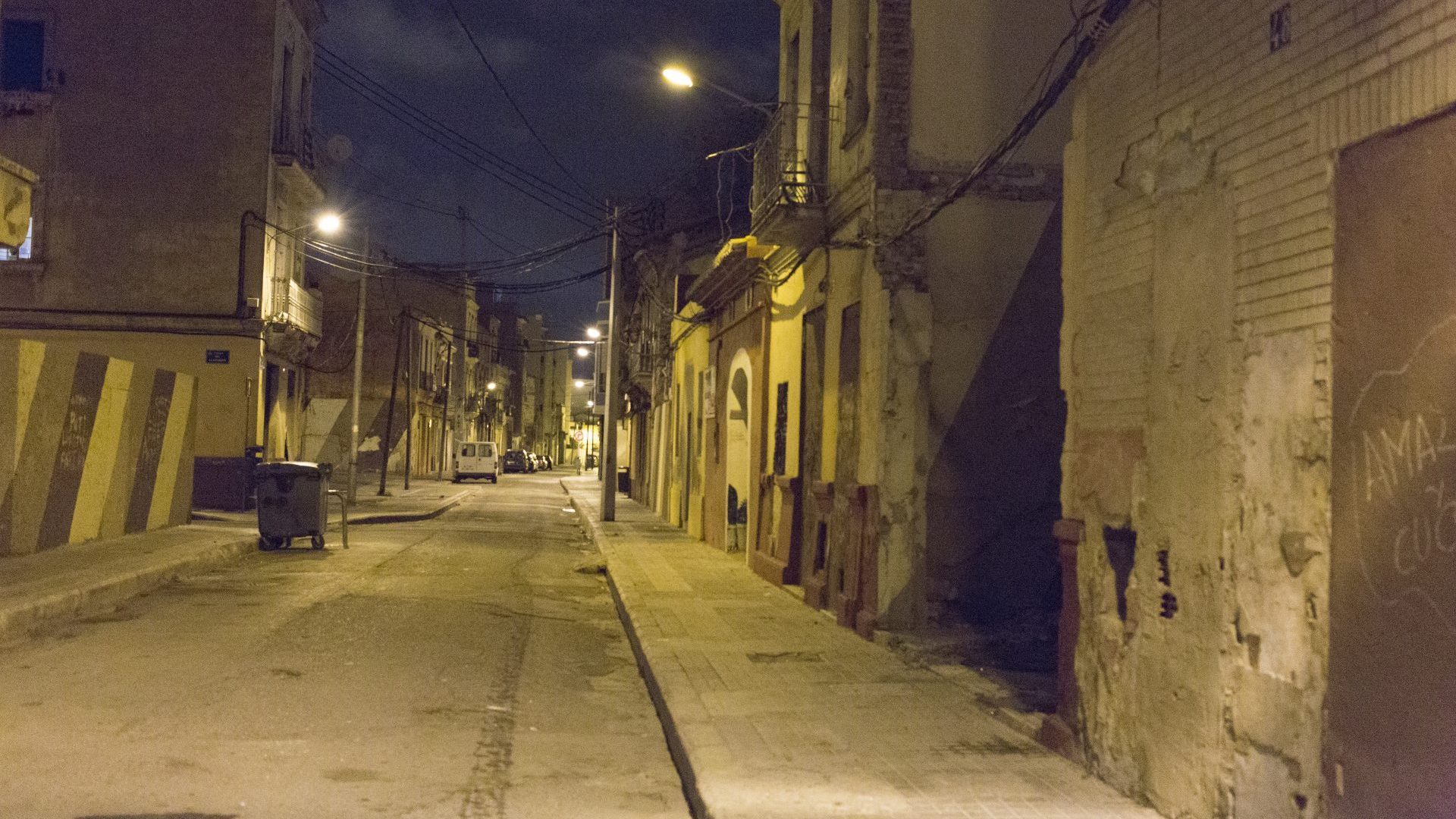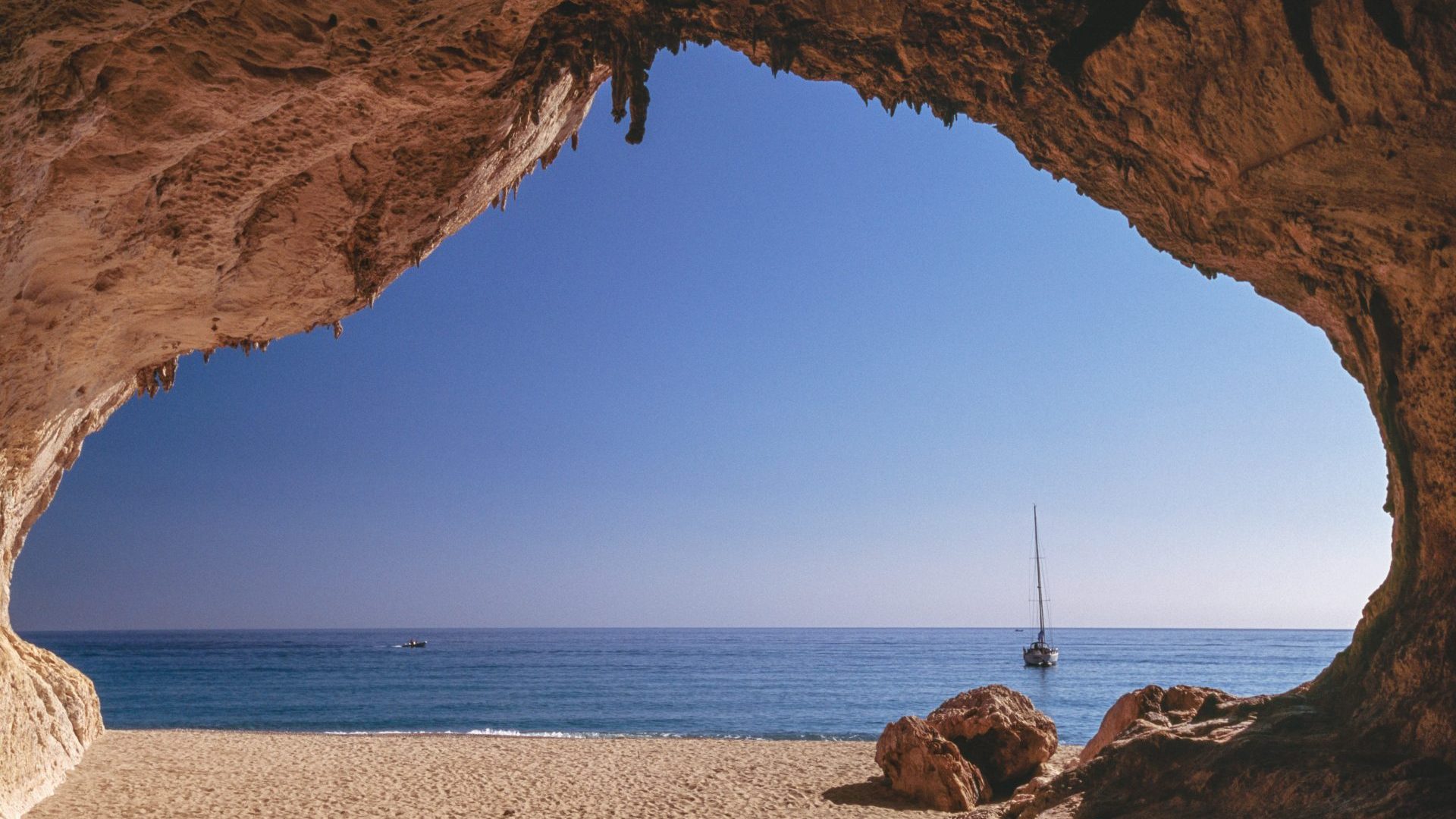I wasn’t in the mood for singing. We were a third of the way into a car journey to Denbighshire, north Wales, from the depths of Somerset and sheets of rain had accompanied our entire drive up the M5. Nonetheless, my younger brother thought it was time for a musical accompaniment to our travels. “Ooohe, Makeba, Makeba ma qué bella. Can I get a ‘oohe?’” he chimed. “Do you even know what you’re singing?” I asked. “A French song,” he replied without missing a beat. He has this infuriating habit of being right, even when he’s wrong.
He was, in fact, singing Makeba, the hit single from the French singer-songwriter Jain’s 2015 debut album, Zanaka. At the time, it reached number 7 in the country’s charts and the music video was nominated for a Grammy Award. Today it’s having a renaissance.
The song was inspired by the renowned South African singer and civil rights activist Miriam Makeba, affectionately known as Mama Africa due to her role in the struggle against Apartheid. In 1955, when performing with the Manhattan Brothers, she met a young lawyer who was impressed by her spirit and political ideas, and told her that she would “become someone”. The lawyer’s name was Nelson Mandela. Mandela would go on to hail her as Africa’s first lady of song. In 1956, her debut album achieved huge success.
Today, it’s hard to escape Jain’s tribute on TikTok. The 10-second chorus line my brother was singing refers to Makeba’s beauty using the Italian colloquial phrase qué bella while a later verse imagines her taking on Apartheid (Only her smile can all make it go/The sufferation of a thousand more).
This appears to have evaded the social media enthusiasts. “It’s got a sick music video,” one friend told me. Over 1 million videos have been made using that audio clip and, thanks to a meme of Bill Hader dancing in a Saturday Night Live sketch from 2015, it’s part of a new dance trend.
When it comes to matters of the Gen Z mind, I often find myself at odds with my own generation. I’m yet to download TikTok and my nickname at university was Granny – so I called in some experts. “Audios come back when remixes are made,” one of my friends informed me – she works in social media for a marketing firm and is far more on brand.
Another girlfriend confirmed this in our sacred WhatsApp group. “Ooooh yes I love this song,” she said, telling me that, as suspected, there’s a remix for those who feel Jain’s original isn’t jazzy enough. Ian Asher, a DJ with 7 million followers on the platform, released a remix last month that took the Lollapalooza Chicago festival by storm. From South Africa, to France and on to the States, Makeba had gone global.
In 2008, Makeba died of a heart attack during a concert in the Italian town of Baia Verde. The performance was in support of the Italian author Robert Saviano, who was in hiding. He’d recently published Gomorrah, a best-selling exposé of the Camorra mafia group who were, among others, blamed for killing six African immigrants in Castel Volturno two months earlier. Since her passing, many have commented that Makeba died doing what she did best, trying to make her voice heard. Gen Z, with the help of Jain, are now taking on that charge – whether we realise it or not.
Later in the week, I dropped my brother a text asking if he knew who the song was a tribute to. When he replied “no”, I offered a brief explanation of the life of Mama Africa. Another one-word response followed: “Cool”.




